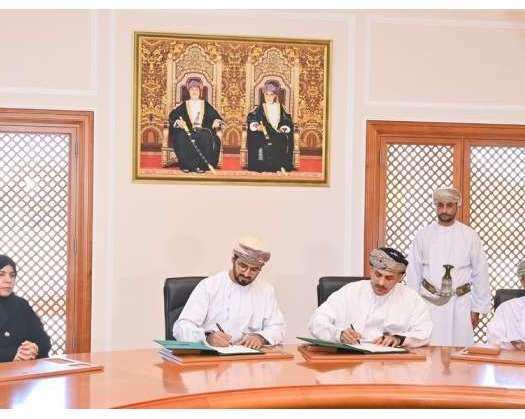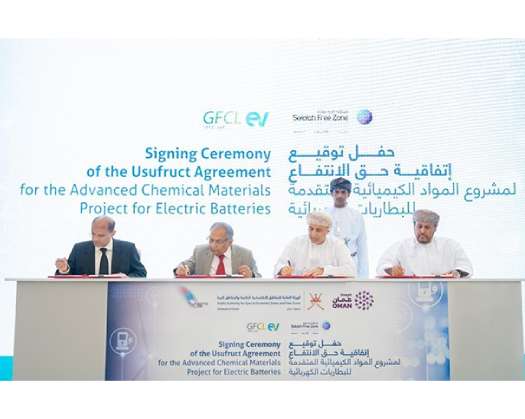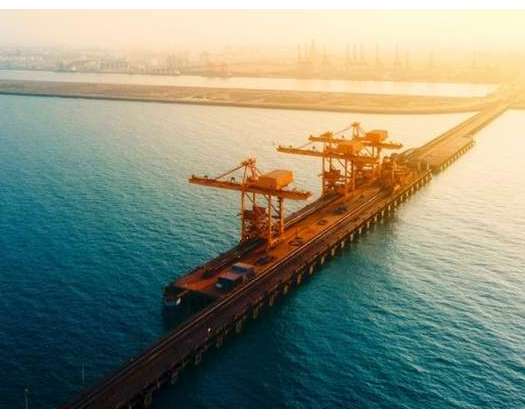New Delhi: The composite Purchasing Managers' Index (PMI) witnessed a reading of 60.7 in July, reflecting a robust economic environment, albeit with a deceleration in the pace of growth compared to the preceding month, which recorded a value of 60.9, as per the report by Anand Rathi.
The Services PMI, with a score of 60.3 in July 2024, has consistently surpassed the threshold of 60 for seven consecutive months, attributed to a robust demand, increased investment in technology, and new business acquisitions.
The favorable economic conditions and the optimistic outlook for future output have led to one of the most significant increases in recruitment within the sector.
The Manufacturing PMI, with a score of 58.1 in July, indicated continued expansionary trends, driven by strong demand and a notable rise in international sales. Producers have responded to this demand by rapidly increasing their inventory levels. Despite the rise in input costs due to the strong demand for goods, producers have maintained their profit margins by adjusting their selling prices.
The sector experienced sustained employment growth at one of the strongest rates, albeit with a slightly reduced pace compared to June 2024.
Contrasting the domestic scenario, the global manufacturing outlook appears to be bleak. In July 2024, the G-20 Manufacturing PMI fell below the 50-mark for the fourth consecutive month, signaling a contraction.
The JPMorgan Global Manufacturing PMI experienced a slowdown due to a decrease in growth rates in the United States and China, in addition to an ongoing downturn in the eurozone and Japan's entry into a contraction phase.
Key issues highlighted included a decline in new orders and extended lead times from suppliers, indicating disruptions in the supply chain. Among the 32 countries surveyed, only 15 reported increases in their Manufacturing PMIs, with India demonstrating the fastest growth.
Looking forward, domestic economic activity is expected to see an upturn, supported by improved weather conditions and increased government spending in the aftermath of recent elections. However, challenges persist due to weakening global growth and rising tensions in the Middle East, which could act as obstacles to domestic economic expansion.
The survey unveiled a notable increase in new work opportunities, surpassing the long-term average by a considerable margin, and witnessed robust job creation across both the manufacturing and services sectors. This growth was further exacerbated by inflation, which reached a peak of eleven and a half years, in conjunction with escalating input costs, thereby exerting additional pressure on enterprises.
The Services PMI, at 60.3, sustained its robust performance, attributed to technology investments, robust demand, and an increase in new business opportunities. Notably, the sector recorded one of the most significant increases in new export orders since 2014, signaling a robust international demand for services.
The G-20 GDP-weighted Manufacturing PMI continued its downward trajectory for the fourth consecutive month, dipping below the 50-mark in July. The slowdown in the JPMorgan Global Manufacturing PMI is indicative of weaker growth in major economies, such as the US and China, ongoing recessions in the eurozone, and Japan's economic contraction. The decline in new orders and lengthened vendor lead times, attributed to supply-chain disruptions, have had a substantial impact on global manufacturing activity.
Despite these global challenges, the manufacturing sector in India has demonstrated remarkable resilience, expanding at the fastest pace among the nations surveyed. This resilience, in conjunction with strong domestic demand and favorable economic conditions, is anticipated to support sustained growth in the forthcoming months.












